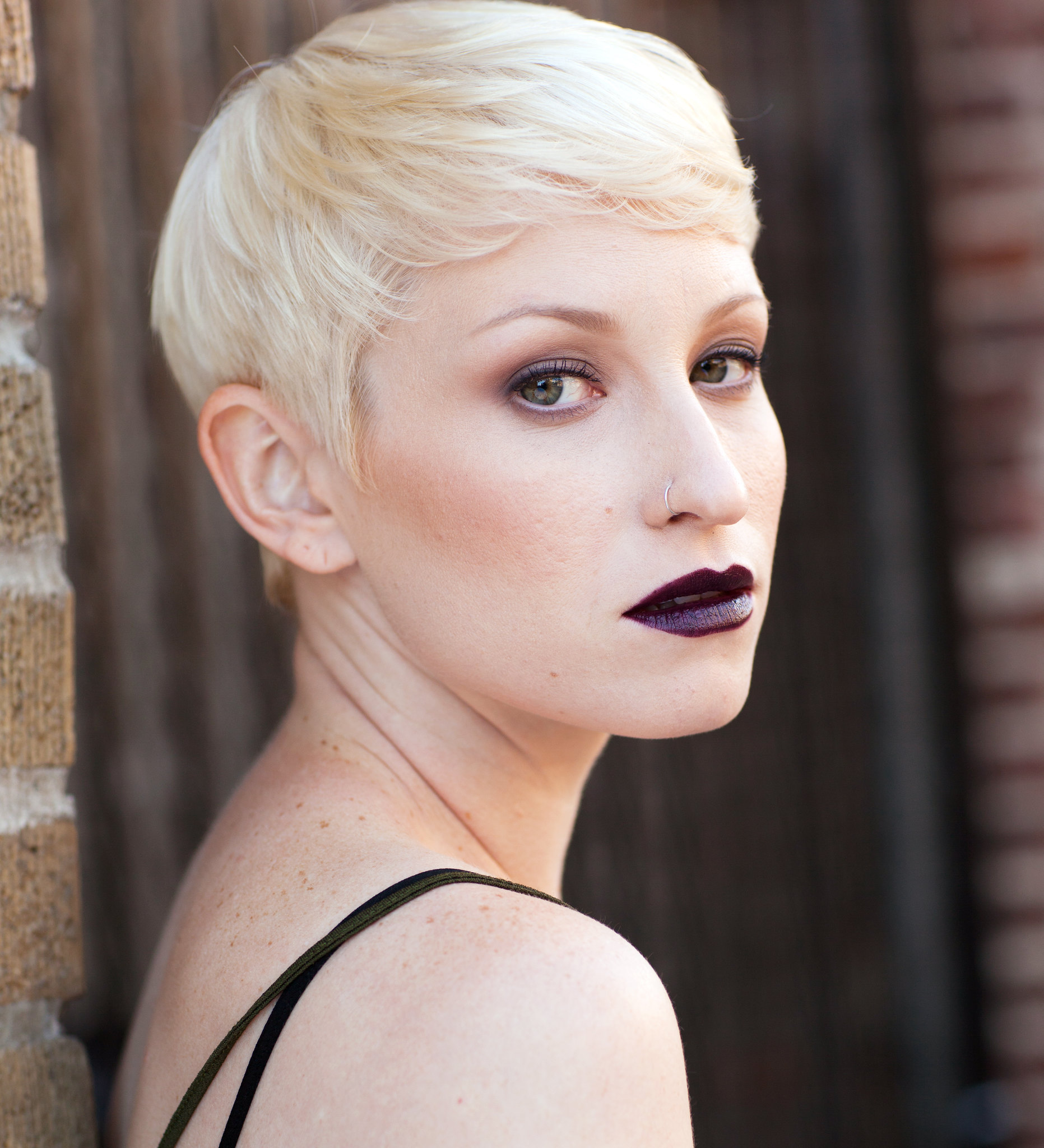acting
columbia
CU
film
getting started
graduate acting
graduate school
mfa
new beginnings
new york
nyc
television
theatre
it begins.
4:41:00 PM
(My class .. first weekend of our first year, on the left, and last day of our first year)
So. I've been sitting here trying to figure out how to begin all of this.
Basically .. what it comes down to .. is that I'm in grad school. For acting. At an Ivy League. And it's exhausting and exhilarating and horrible and wonderful and perfect. And I want to a place to write about it and share my experiences and let other people see what goes on for all of us.
I began this adventure about a year ago, so I'm starting this out kind of late. But this past year was a lot about discovering who I was and all of that, so it was a pretty confusing time. I don't think I would have been able to really explain a lot of what I was dealing with anyway. But I think now I can look back and reflect and not get crazy emotional about all of the things that have changed.
For starters, let me talk about the program itself. It's a 3 year program, with 2 years of training and 1 year of professional stuff. Like, our thesis, we work with an off-broadway company, and our showcases in LA and NY for agents, managers, and all of those people who will help us get jobs after graduation. The 2 years of training consist of a mash-up of a ton of different techniques, ideas, philosophies. I would say it's a classically-based program, but only in the sense that our teachers believe we need to go to the roots of theatre in order to be successful in contemporary theatre. Or, at least, that's what I am taking away from it. Our first year is a lot of Linklater voice training - Kristin Linklater, look her up - with about 12 hours a week devoted to voice. We have, what we have all deemed, as "Niky Training" which is just .. kind of impossible to explain. We spent some time working on the Greeks and Moliere. We also got to work on scenes from Peer Gynt, the Jacobeans, American Masters (like Tennessee Williams and Edward Albee), and pretty much everything in Sarah Kane's plays. We did some contemporary scene work from a Meisner point of view. We worked with Anne Bogart on creating 3 rounds of new works with our fellow MFAs (such as directors, playwrights, etc.). We did a lot of viewpoints. We got a semester of theatre history. And mostly, we learned a lot about who we are as people.
I can say now that grad school is nothing like I thought it would be. My whole life has been flipped on it's head, and for the best. There have been a lot of days where I have been on the struggle bus emotionally, physically, mentally. There were days when I thought I couldn't keep my eyes open for one more minute, but somehow I managed to get through three more rehearsals. There were days when I didn't think I could stop crying and I legitimately thought I would never be happy again. I forgot to each lunch at least three days a week. I lost a lot of weight. I'd like to say my personal life stayed unaffected but, as anyone getting an MFA can tell you, it's impossible to keep up any sort of social life outside of school, and it's very hard to maintain relationships with people in your life, sometimes even including family.
On the positive side, my class has become like a family. We have seen each other in very vulnerable situations - physically and emotionally - and it has brought us together in a way that no one else will quite understand. Even after a year, we still want to spend time together OUTSIDE of school, which is kind of incredible. And I love all of them as if they were my actual brothers and sisters.
This next year is going to be even harder than the first. If I had to classify the two years, year one is about discovering who you want to be as a person, and year two is about discovering who you want to be as an artist and actor. Until I can figure out who I am and what I want to say, I will never have a clear voice as an actor or an artist. I will wander around from project to project, begging for work and running away at the first sign of rejection. If I know my goals and who I am and what I want to give to the world, I'll be able to make it through the rejection and the tough times, and come out even stronger. I have to learn how to push past the things that are holding me back as a human being before I can even tackle my issues as an actor. Because, as Anne Bogart says all the time (from "The Necessity of Theatre"), "Theatre is the artform wherein human beings make human beings worth watching."
"I am Enough" is a phrase a lot of motivational websites and people and seminars use (I'm just guessing here because I've never really done those motivational things). But it's also a phrase we use a lot during vocal warm-ups. Because, honestly, most
Some of my favorite Sondheim lyrics are from Sunday in the Park with George, which kind of say the same thing:
Anything you do
Let it come from you
Then it will be new
Give us more to see
(I should also mention that I love musical theatre a little too much)
xoxo
brynne




0 comments